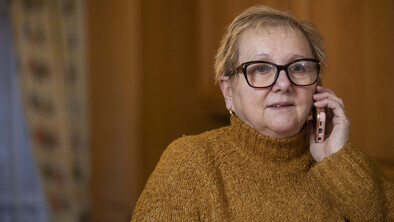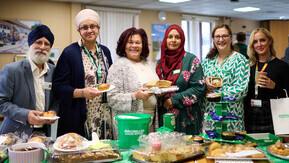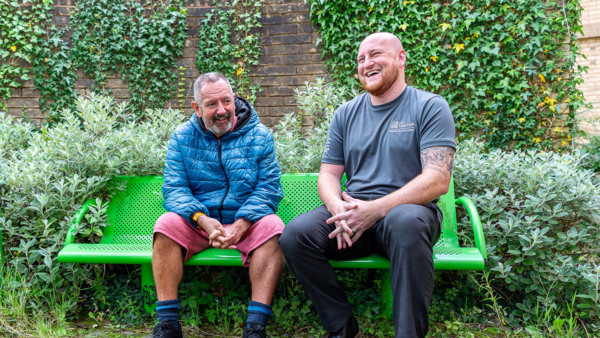Tackling food myths and cancer risk
We’ve all seen diet and cancer headlines and claims in the press about cancer risks. These usually end up shared on the internet and social media. Sometimes these can be worrying and not always backed up by reliable sources. Read more about the facts behind common food myths and cancer risk.
If you are worried about cancer
You may be thinking about making changes to your diet to reduce your risk of cancer. The internet is full of websites promoting the benefits of different diets. As there’s a lot of health information available, it can be hard to know what’s reliable.
There is no one diet that can prevent cancer. Eating a balanced diet is good for your overall health and helps reduce your risk of some cancers. It can also help you to keep to a healthy weight.
Whatever eating changes you choose to make it’s important to remember that the following activities can help to reduce your risk of cancer:
- regular physical activity
- limiting alcohol
- and stopping smoking.
Here we highlight some diet claims you may have seen and give you more of the facts behind these headlines.
Does sugar 'feed' cancer?
The idea that sugar feeds cancer developed because cancer cells grow and multiply quickly and need a lot of glucose. It was thought that cutting sugar from our diet would starve the cancer or even stop it developing. But this is a very simple idea of the biology involved. There is no evidence that sugar directly increases the risk of cancer or encourages it to grow.
All cells in our bodies need glucose (sugar). Glucose gives cells energy to survive. Too much sugar in our diet can cause weight gain. Being overweight or obese can increase the risk of some cancers.It is important for the healthy cells in our body to get enough energy from our diet. This is especially true during cancer treatment. As well as from sugar, our bodies get glucose and energy from starchy foods (carbohydrates).
These include bread, breakfast cereals, rice and pasta. There are also sugars in some fruit, vegetables and dairy products. Sugar itself contains no useful nutrients, apart from energy. It is possible to get all the energy you need from healthier foods.
Reducing the amount of the amount of sugar in your diet, can help improve your general health. Foods high in sugar include:
- biscuits and cakes
- chocolate and sweets
- syrups
- fruit juice
- fizzy drinks.
What about artificial sweeteners?
Artificial sweeteners are used in many foods and drinks. Large studies in humans have provided strong evidence that artificial sweeteners do not increase the risk of cancer.
Can fasting reduce your cancer risk?
The health benefits of fasting have made headlines when it comes to diet and managing weight. You may have heard of the 5:2 diet which is based on alternating between periods of eating, reducing calories and fasting.
There’s no one type of diet that can guarantee that you won’t get cancer. Although there has been some research into fasting and cancer risk, there is no good evidence that fasting reduces overall cancer risk. But you can help to reduce your risk by keeping a healthy weight and eating a balanced diet. This includes cutting down on:
- processed foods and red meat
- alcohol and
- high calorie foods and sugary drinks.
Other types of diet
Should I eat dairy foods
Dairy products, such as milk, cheese and yoghurt, are an important source of protein, calcium and some vitamins. Calcium is needed for strong bones and teeth.
Many research studies have looked for a link between diets that have a lot of dairy products and cancer. But these studies have not found a clear link. There is some evidence that dairy products may help reduce the risk of bowel cancer. But no links have been found for any other types of cancer.
Cancer experts do not recommend following a dairy-free diet to reduce the risk of cancer. If you follow a dairy-free diet, you need to make sure you get enough calcium from other foods, such as:
- tinned sardines and tinned salmon (with bones)
- dark green, leafy vegetables, such as spinach
- kidney beans
- dried figs
- foods fortified with calcium, such as some types of soya, rice, almond or oat milk.
Should I eat a plant-based diet?
There is not enough conclusive research that a plant-based diet will reduce the risk of cancer.
Eating a plant-based diet rich in vegetables, grains and nuts can be helpful generally. This is because reducing the amount of red meat and highly calorie processed food you eat, will have other health benefits. For example, maintaining a healthy weight, can help to reduce your risk of cancer.
Can lemons prevent cancer?
Lemons are a source of vitamin C which is a type of antioxidant. Antioxidants help keep the body's cells healthy by reducing free radicals. High levels of free radicals are linked to illnesses, including diabetes, heart disease, and cancer.
Eating a balanced diet which includes fruit and vegetables will give you a good source of antioxidants. This covers a broad range of foods, for example, peppers, tomatoes, berries and carrots. These can offer overall benefits to help people maintain a healthy lifestyle and weight. This can also help to reduce the risk of cancer and other illnesses, such as heart disease, diabetes and strokes.
There is no scientific evidence that lemon juice can prevent cancer despite any claims you might have seen. Often with stories such as these we are not given all of the details. For example, how was the research carried out and what other conventional treatments did people have.
Ultimately making positive lifestyle changes such as stopping smoking, being active and eating healthily is important for everyone, especially if you have been affected by cancer.
Questions to ask
- Read beyond the headline - remember that headlines are often written to drive clicks and grab a reader’s attention. This type of content is sometimes called 'clickbait'. As a result, health information is often simplified or written in an alarming way.
- Consider the evidence and ask questions - who produced it? Are the claims backed up by evidence and research data?
- Use a fact-checking website, for example, Full Fact or Sense about Science.
Finding reliable health information online
With so much health information online, it can be hard to know what is reliable and accurate. Get tips on how to check if an online source is trustworthy.
Get support
Whether you want information about cancer and food or just want to chat, find out about the different ways we can help.
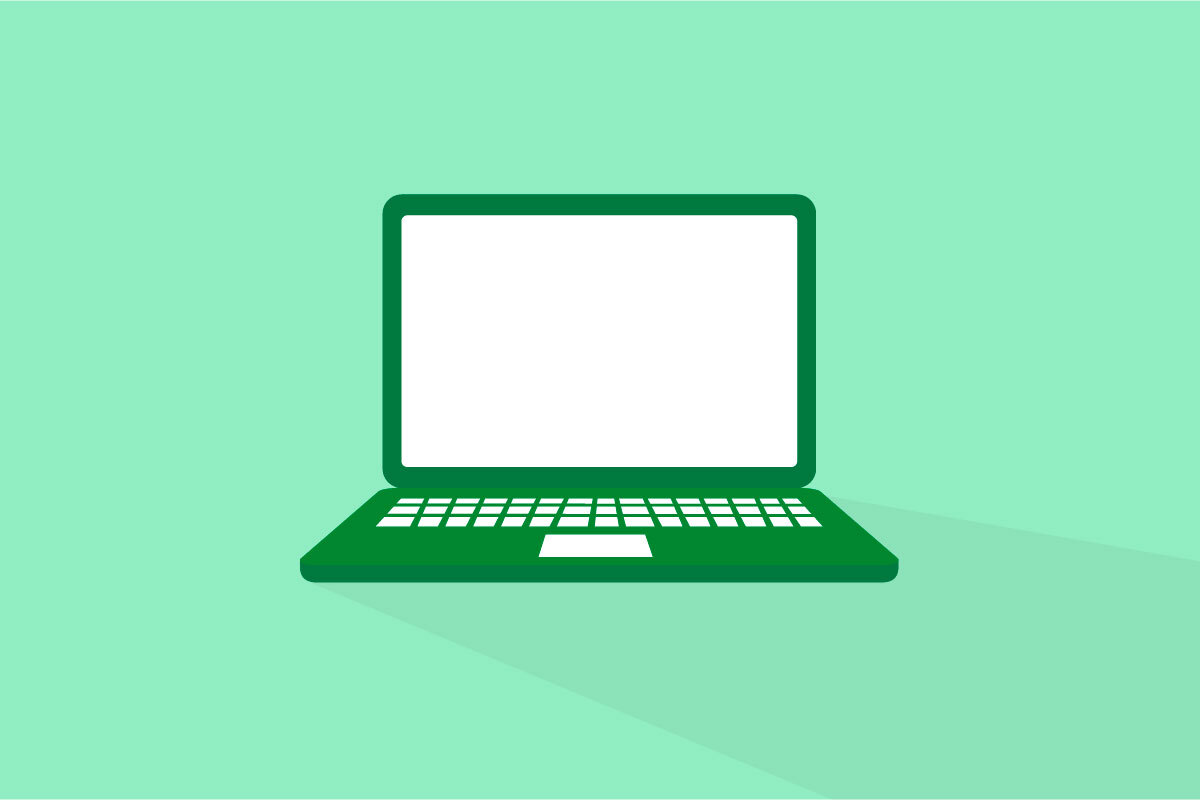
Further advice about cancer and food
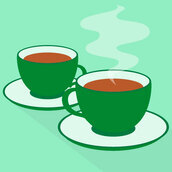
Online support

Call us
About our information
This information has been written, revised and edited by Macmillan's Digital Content Editor team. Learn more about our Digital Content Editors and how we produce our cancer information.
Accurate information helps you make informed choices. Look for trustworthy, reliable sources such as Macmillan Cancer Support, the NHS and your own healthcare team.
We have more information on how to find reliable health information online and understanding cancer myths and misinformation.
About the author
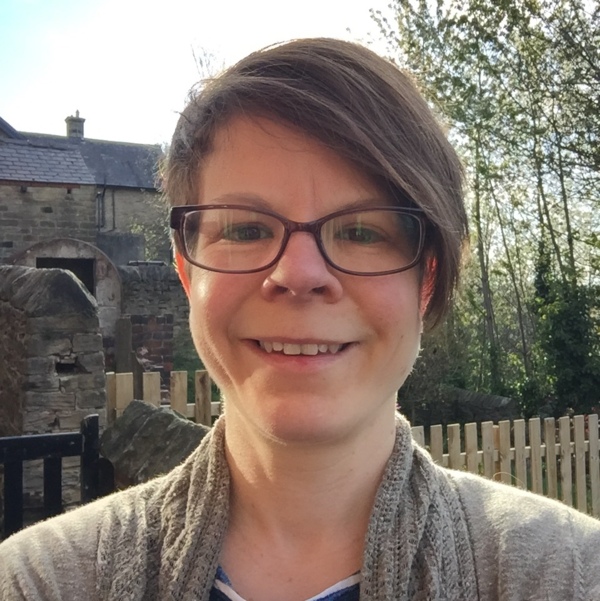
Ros Ayres
Read more
-
Blogs 20 Mar 2023If you are having difficulties contacting your doctors to make a GP appointment, there are other ways to get help.
-
Blogs 05 Nov 2024The Black Country Community Connectors project has been formed to address the poor cancer experiences and outcomes that continue to affect people from Black and minority ethnic communities.
-
Blogs 26 Feb 2025The CRT Together project is helping people in Welsh ex-mining communities affected by cancer access practical, financial, and emotional support.




